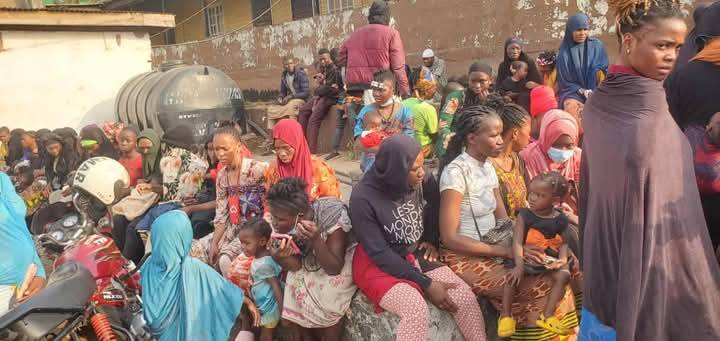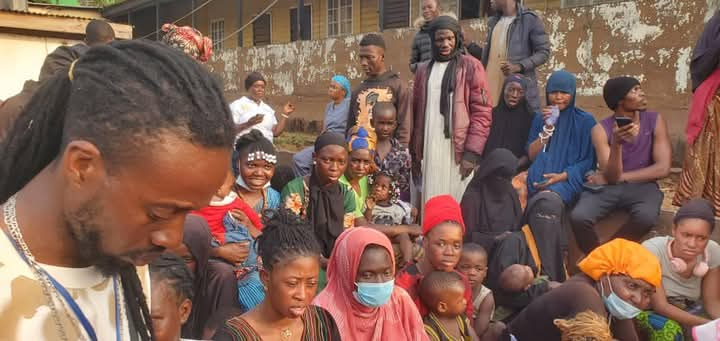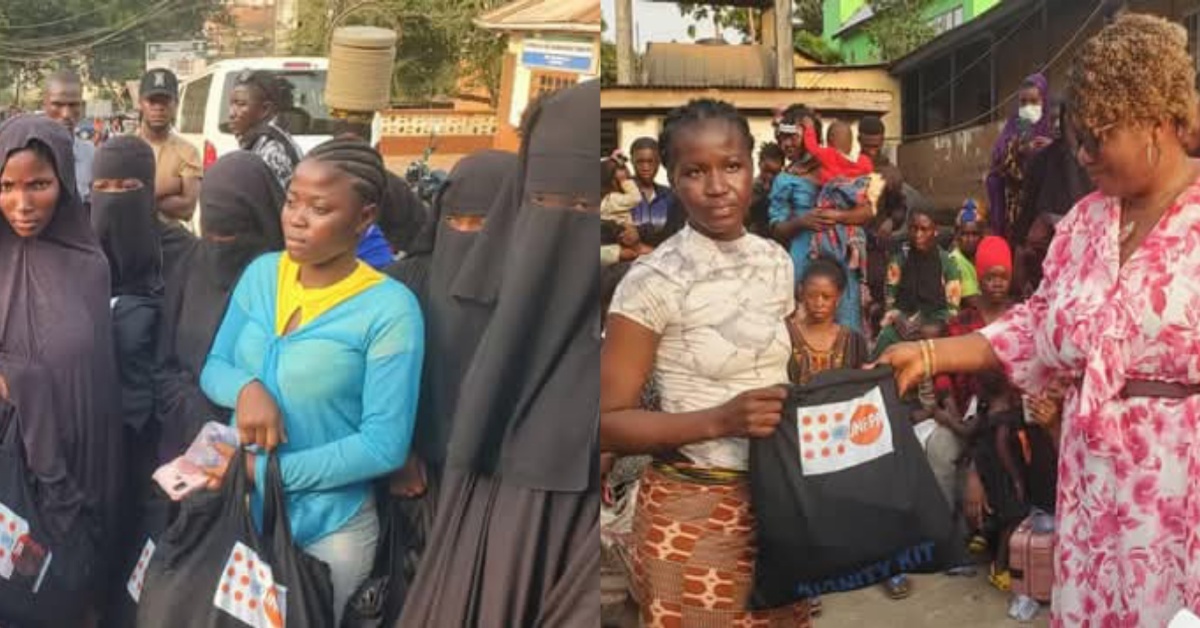The Government of Sierra Leone, through the Ministry of Social Welfare, held a solemn ceremony in front of the Miatta Conference Hall at the Youyi Building to receive 88 Sierra Leoneans who were forcibly expelled from Mauritania and returned via Senegal
The 88 deportees comprises of 45 women, 36 children, and 7 men.
Speaking at the event, the Minister of Social Welfare, Melrose Karminty, described them as “returningmigrants,” highlighting that they had been arrested, imprisoned, and subsequently deported. She emphasized the swift government response, which included immediate health screenings conducted in collaboration with the Health Education Programme, Ministry of Health and Sanitation. These screenings uncovered several critical health conditions, such as pregnancies, STDs, and swollen limbs.
The Minister underscored the government’s commitment to reintegration by providing food supplies, dignity kits, transportation, and plans for vocational and educational support. She called on the public to discourage unsafe migration and instead embrace opportunities being developed within Sierra Leone through initiatives such as the five big game changers and agricultural development programs.

Also speaking at the ceremony, Medical Superintendent of Hospital on Wheels, Dr. Yeabu Kargbo, commended the returnees for their willingness to speak openly about their health challenges. She expressed serious concern over some of the medical conditions identified, noting their potential to affect not just the individuals but also the wider community.

She urged the returnees to commit to their treatment plans, stressing that proper medication and follow-up care are crucial for managing their conditions. The medical superintendent appealed to them on humanitarian grounds to prioritize their health, as neglect could jeopardize both their well-being and that of those around them. Reassuring them of continued government support, she emphasized that the Ministry of Health stands ready to assist, but only with the cooperation and responsibility of the beneficiaries themselves.












Hard economic conditions is the sole reason forcing citizens venturing into such a risky journey.
Still isn’t an excuse for them to go did you die?